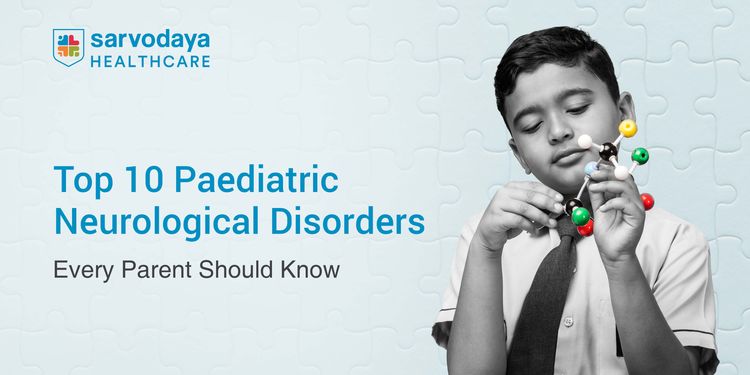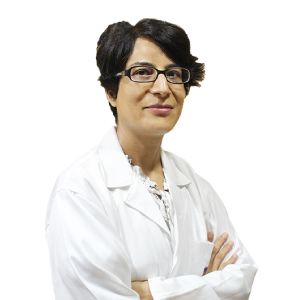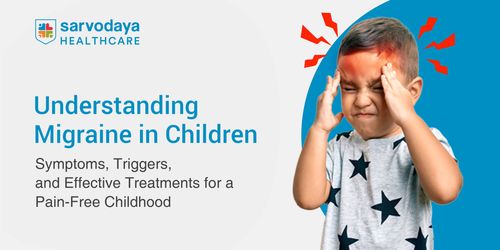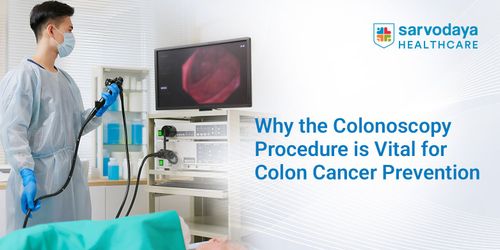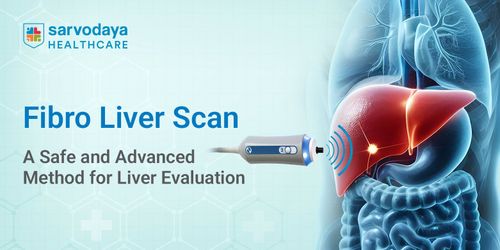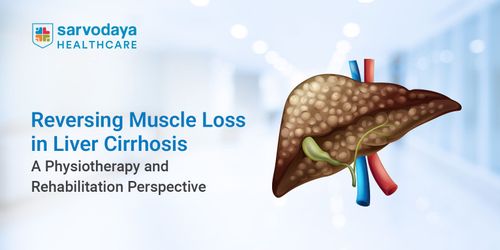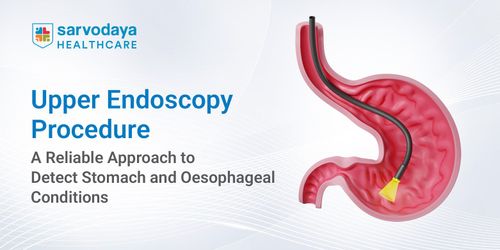Paediatric neurological diseases can have a significant impact on the development, behaviour, and quality of life of a child. Slow progress in meeting milestones, seizures, and changes in behaviour are some challenges that are often associated with these disorders, but also affect their emotional and social life.
This blog discusses the most common paediatric neurology diseases, their symptoms, and the importance of early diagnosis.
Understanding Paediatric Neurological Disorders
Neurological conditions in children can be either congenital (present from birth) or acquired later due to infection, trauma, or other medical diseases. These disorders involve the brain, spinal cord, or peripheral nerves and usually interfere with the child’s cognitive, behavioural, or motor functions.
Children affected by child brain disorders may experience different symptoms depending on the specific conditions. These may include developmental delays, muscle weakness, seizures, and difficulties with speech, learning, or social interaction.
Top 10 Paediatric Neurological Disorders Every Parent Should Know
These neurological conditions encompass a range of disorders, with some being more common and severe than others.
Here are the ten most common diseases in paediatric neurology that a parent should know about:
- Epilepsy: Epilepsy is one of the most common brain disorders in children, and it is characterised by frequent seizures due to irregular brain activity. Symptoms may vary depending on the child's age and type, but they may lead to convulsions, staring spells, or loss of consciousness. Anti-epileptic drugs and regular monitoring are key to its treatment.
- Cerebral Palsy: It is a disorder affecting movement and muscle tone, caused by damage to the developing brain. It may cause difficulties with coordination, posture, and balance. Although it is incurable, timely treatment through physiotherapy and the assistance of a paediatric neurologist in Delhi can help improve mobility to a great extent.
- Autism Spectrum Disorder (ASD): Although this condition is mainly regarded as a developmental disorder, it can be included in the category of paediatric neurology diseases, as it concerns abnormal brain development. Autistic children usually experience difficulty in communication, behaviour, and socialisation.
- Attention-Deficit/Hyperactivity Disorder (ADHD): The disorder has an impact on attention span, impulse control, and activity level in a child. It may disrupt schoolwork and friendship. Its management usually consists of behavioural therapy and educational support, and medication is provided where necessary.
- Hydrocephalus: Hydrocephalus is also called water on the brain, and it happens due to an excess amount of cerebrospinal fluid in the brain. It may cause enlargement of the head, vomiting, and drowsiness among babies. Sometimes the treatment involves surgery in which the paediatric neurosurgeon installs a shunt or drainage system.
- Neurogenetic Disorders (e.g., Rett Syndrome, Fragile X Syndrome): The disorders occur due to a genetic mutation affecting brain development. Its symptoms include slow milestone achievement, convulsions, and mental disability. Genetic counselling and supportive therapies should be taken early on by consulting the leading paediatric neurologist in Faridabad, Delhi NCR.
- Brain Infections (Meningitis, Encephalitis): These refer to infections of the brain and other surrounding membranes that may be fatal unless treated promptly. The symptoms of infection are high fever, stiffness of the neck, seizures, and confusion.
- Neurocutaneous Disorders (e.g., Tuberous Sclerosis, Neurofibromatosis): These genetic conditions affect the skin and the nervous system. They are usually characterised by skin spots, tumours, and seizures. To prevent complications, it is important to detect them early and to monitor them on a regular basis.
- Tic Disorders and Tourette Syndrome: It leads to involuntary and repetitive movements or sounds. They are not necessarily severe but may affect the normal functioning of the child, and they may need behavioural therapy and medication support.
- Traumatic Brain Injury (TBI): Falling, sports, or accidents can cause neurological problems in the long term. Childhood TBI needs to be assessed promptly, and constant management is required to treat it under the care of a professional paediatric neurosurgeon.
Warning Signs Parents Should Never Ignore
Paediatric neurological problems usually start gradually and may be confused with behavioural or developmental delays. Early signs should be identified and diagnosed promptly to begin their treatment and to manage them effectively.
Here are some red flags that might be due to child brain disorders requiring immediate attention:
- Slow progress in achieving the developmental milestones: sitting, walking, or talking
- Frequent or unexplained convulsions or spastic motions
- Loss of previously learnt skills, e.g., speech or motor skills
- Weak, floppy muscles or stiff muscles
- Continuous headaches, especially when accompanied by vomiting
- Unusual behaviour like excessive aggressiveness, withdrawal, or hyperactivity
- Poor coordination or repeated falling is not typical for their age.
Diagnostic Tools and Modern Treatment Approaches
To effectively treat paediatric neurology diseases, you need to start with an accurate diagnosis of the disorder.
Most commonly used diagnostic tools in paediatric neurology include:
- MRI (Magnetic Resonance Imaging): Gives detailed images of the brain and the spine to help detect structural abnormalities.
- EEG (Electroencephalogram): Records the electrical activities of the brain; it is required for diagnosing epilepsy.
- CT Scan: It is mostly used in emergency settings to detect trauma or bleeding in the brain.
- Genetic Testing: Identifies hereditary neurological disorders like Rett syndrome or Fragile X syndrome.
- Neuropsychological Tests: They help assess learning, behaviour, and cognitive skills in children with suspected disorders.
Conclusion
Recognising early signs, seeking professional help, and staying involved in your child’s care are important in dealing with such conditions effectively.
Sarvodaya Hospital, Faridabad, is well-known for specialised treatment offered for child brain disorders. The hospital is the best paediatric neurology hospital in Faridabad, Delhi NCR, providing expert treatment using a combination of the latest diagnostic technology and compassionate, personalised care.
Book a preventive consultation at Sarvodaya to understand the symptoms of these disorders and take early action to avoid paediatric neurology diseases from compromising your child’s future.


